CHILE OUTLAWS COSMETICS TESTING ON ANIMALS
After a multi-year campaign by Humane Society International and ONG Te Protejo, Chile has officially banned cosmetic animal testing and the manufacturing, import, and marketing of cosmetics tested on animals from other parts of the world. This decision came after a unanimous vote during a full Senate session chaired by Juan Antonio Coloma on December 20. The bill received additional support from the Animal-Free Safety Assessment Collaboration. This global initiative brings together corporate and non-profit leaders, including Lush, Unilever, Avon, L’Oreal, Procter & Gamble, the Chilean cosmetics industry association Camera Cosmetica, and other cosmetic and chemical manufacturers.
Daniela Benavides Sanchez, Humane Society International country director for Chile, expressed gratitude, saying, "Thanks to the passion and determination of animal-loving consumers, progressive beauty brands, and politicians across the globe who share our desire for a cruelty-free world, animal testing for cosmetics has been banned in 45 countries." Nicole Valdebenito, director of awareness and advocacy at NGO Te Protejo, highlighted the initiative’s impact, stating, "This is a milestone for our organization and animals. Thanks to this initiative, countless animals will be saved from unnecessary cruelty in Chile."
Senator Juan Luis Castro, president of the Health Commission, emphasized the historic nature of the step, stating, "This is a historic step forward thanks to the determined support of Te Protejo and Humane Society International. We are pleased that we have taken a step in the right direction for animal protection so that cosmetics will never be tested on animals again in Chile."
The launch of HSI’s stop-motion animated short film #SaveRalph, depicting the heartbreaking story of a rabbit "tester," played a crucial role in influencing legislative momentum and garnering support from the national cosmetics industry association, Camera Cosmetica, and the Institute of Public Health. The film went viral worldwide upon its 2021 release, accumulating over 150 million social media views, over 865 million tags on TikTok, and generating more than 300,000 petition signatures in Chile.


